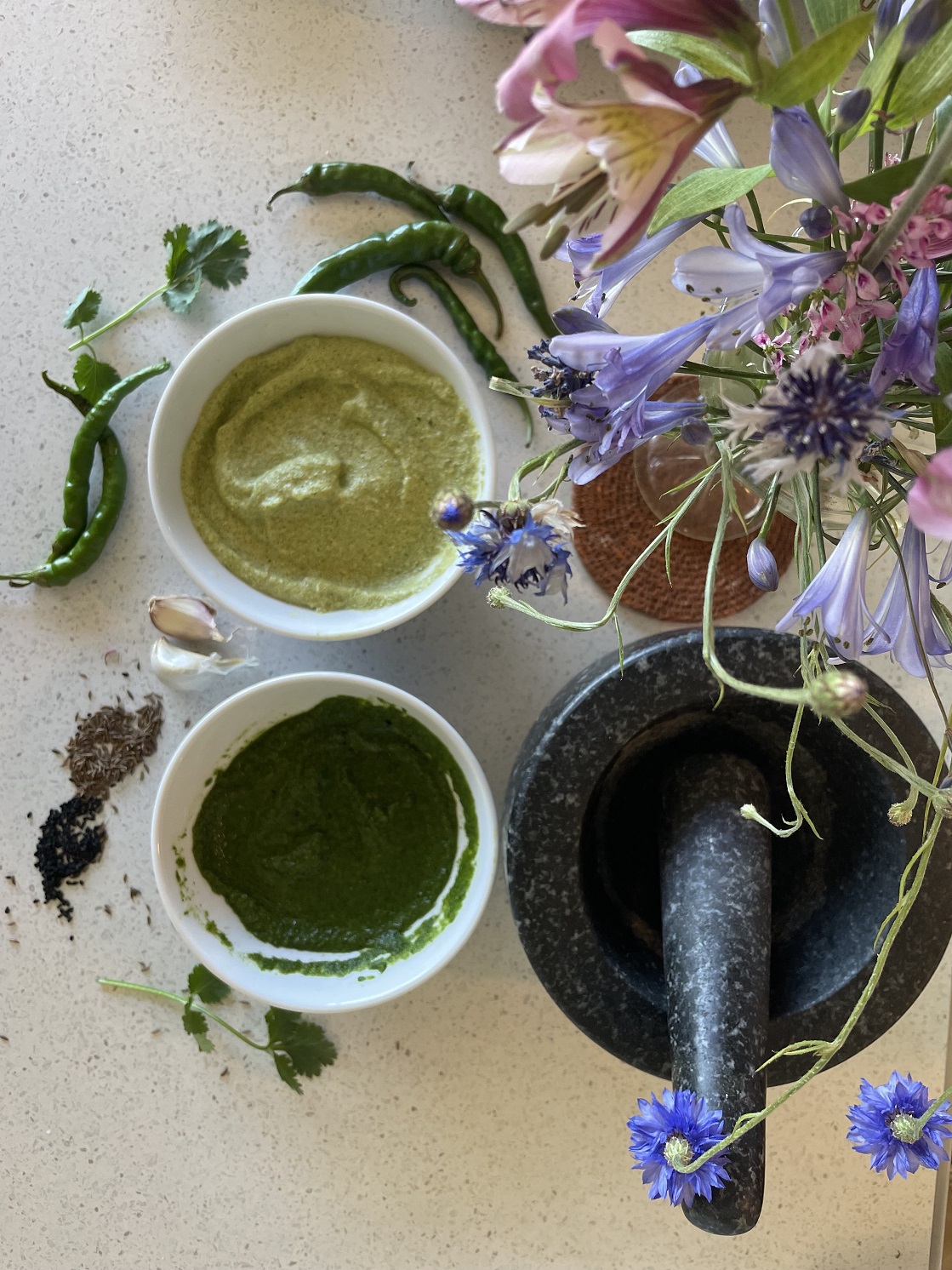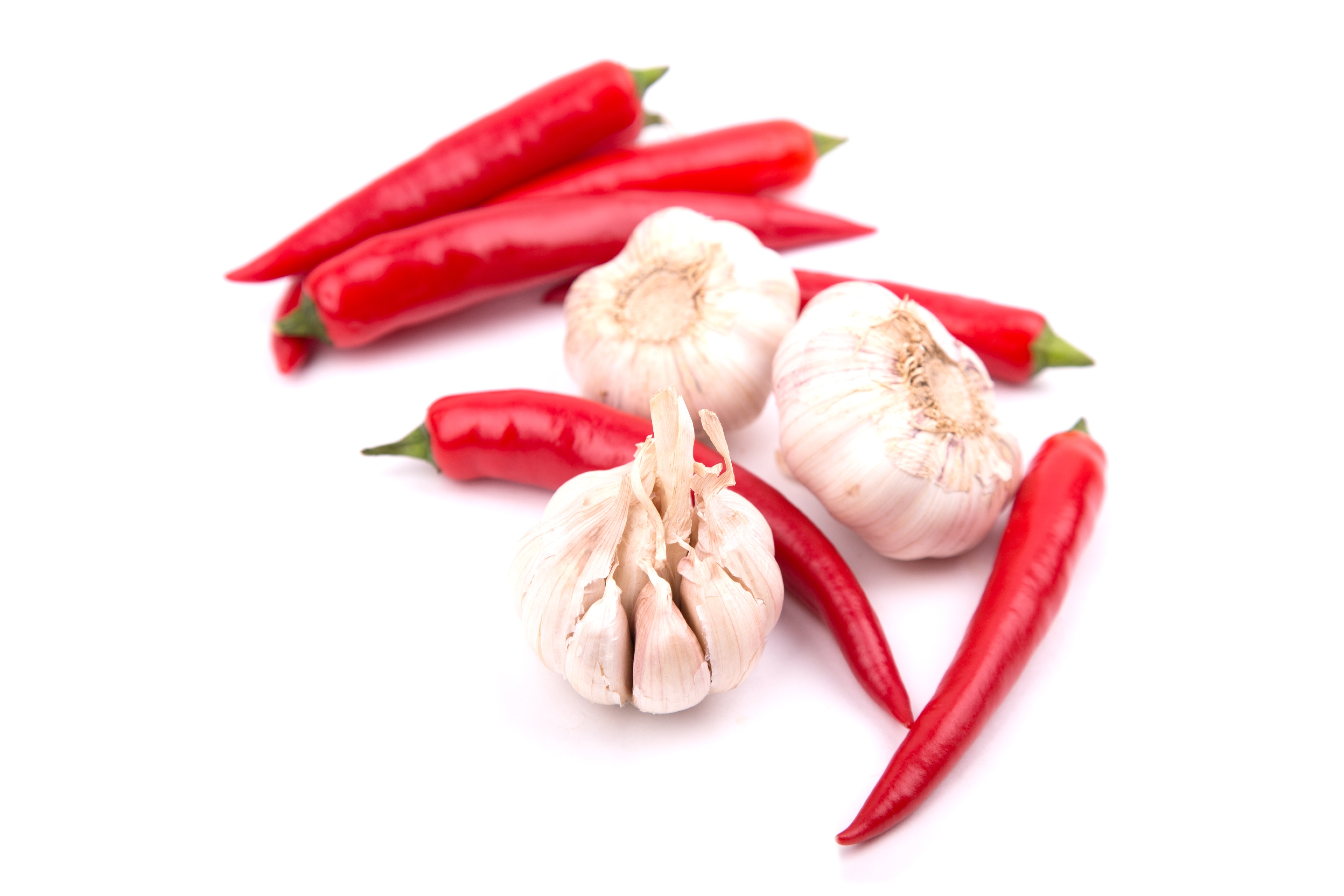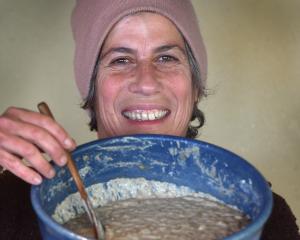

But to me, the ancestral diet speaks to each of us individually — what my ancestors ate is different from yours and so the specific foods it includes depend largely on the location where your ancestors lived, as well as the different food traditions, customs and knowledge of medicinal foods.
I believe that the clues to what we should be eating are in our grandmothers’ cookbooks; it is in the passed-down traditions and food stories — this ancestral indigenous knowledge is our treasured heritage.
We are so fortunate to have such abundance and a wide variety of food now — let’s not forget to give thanks! Our ancestors were often struggling with food scarcity and famine.
But with this abundance of food comes the turning from precious to a commodity sold for profit — and that is the greatest peril of our times.
My ancestors came from Yemen. They ate simple peasant food. The staples were flatbreads, spicy dips and a clear chicken broth (with the bones). The food was always spicy and common spices were turmeric, cinnamon, cumin and cardamom. Fresh chillies, mint, parsley and coriander also featured.
I remember having soup at my grandfather’s house one Friday night, dipping the pita in a spicy dip called hilbeh and then in the soup and quickly slurping it in. After the soup we had fresh fruit and nuts for dessert, and roasted sesame seeds passed around in a small bowl — to eat them you had to wet your fingertip and pick up the seeds by touching the seeds lightly with a fingertip. They were so delicious and more-ish! It was a simple ceremony in a family meal — food tradition adds meaning and a soulful-spiritual dimension to a simple act of eating together.
The condiments of schug and hilbeh are added to almost every meal. They add spice and flavour to different traditional Yemeni foods.
Hilbeh means fenugreek in Arabic. The fenugreek is soaked to ferment and then blended into a frothy dip. Schug is a hot and spicy dip of ground chillies and coriander.
Keep them in a jar in the fridge and add to egg dishes such as shakshuka and Turkish eggs, bean dishes, soups and stews, or as a spicy dip or sauce on its own.
Schug
Makes a small jar full (about 100ml)
Ingredients
• 8 cloves of garlic
• 8 to 9 chillies, stalks removed, deseeded for lesser hotness (any kind you prefer depending on how spicy you want it)
• big bunch of coriander
• a few mint leaves
• ½ tsp black cumin seeds
• ½ tsp cardamom
• ½ tsp caraway seeds
• black pepper
• splash of water

• a drizzle of olive oil
• ½ tsp salt
Method
Place everything in a food processor and blend until smooth, or leave it a little chunky if you like.
Keep in the fridge and use a clean teaspoon when serving.
Makes 600ml
Hilbeh: a Yemeni relish
Ingredients
• 4 Tbsp fenugreek seeds
• Juice of 2 lemons
• 1 Tbsp schug*
• 250ml cold water
• 1-1½ tsp salt
* If schug is not available you can use the following:
~ 2 garlic cloves
~ 2 cups of fresh coriander — stalks and leaves
~ 3 small hot green chillies, stalks removed
Method
Lightly pound and crack the fenugreek seeds with a mortar and pestle. Soak in cold water overnight or 5-6 hours, until a slight gelatinous coating appears on the seeds.
Drain off the water. Put the fenugreek in a food processor with the schug or garlic and coriander and process to a coarse paste. Add the salt and lemon juice.
Process again to achieve a loose, spoon-able consistency. Add a little water if needed.
Place in jars and pour olive oil to cover. Refrigerate. Keeps for seven days.













